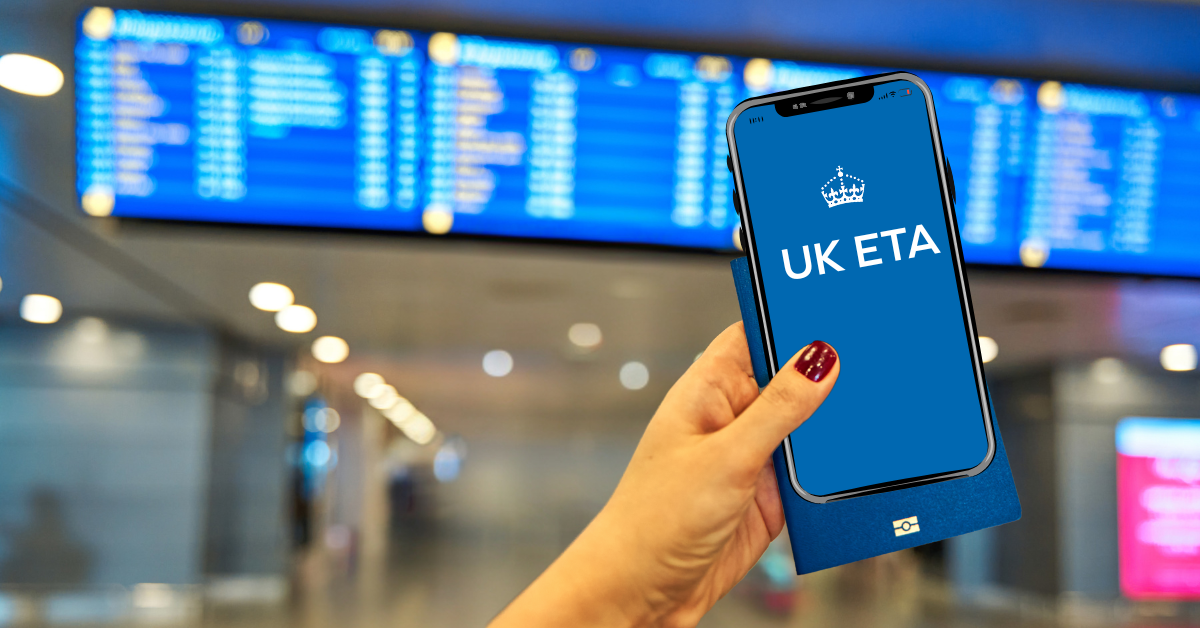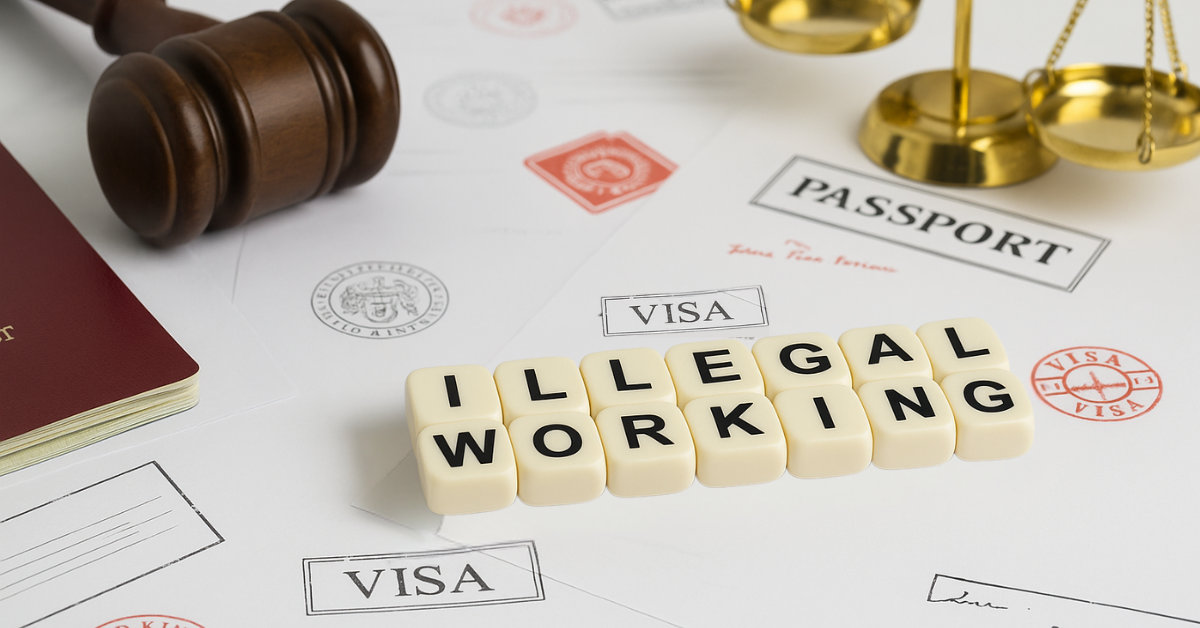.png)
Accessing public funds in the UK
Individuals subject to immigration control will often have no recourse to public funds. Learn about this restriction and potential actions you can take.

Nikita Swift
What are public funds?
The term 'public funds’ refers to a range of financial benefits that the UK government provides to people on a low income or housing support.
The following are examples of public funds which cannot be accessed by a person with ‘no access to public funds’:
-
Attendance Allowance
-
Carer’s Allowance
-
Child Benefit
-
Child Tax Credit
-
Council Tax Benefit
-
Council Tax Reduction
-
Discretionary Welfare Payment
-
Disability Living Allowance
-
Domestic Rate Relief (Northern Ireland)
-
Housing Benefit
-
Income-based Employment and Support Allowance
-
Income-based Jobseeker’s Allowance
-
Income Support
-
Personal Independence Payment
-
Severe Disablement Allowance
-
Social Fund Payment
-
State Pension Credit
-
Universal Credit
-
Working Tax Credit
Why are there restrictions on the benefits and services which migrants can access?
The restrictions on the benefits and services which migrants can access are intended to reassure the public that ‘immigration brings real benefits to the UK and that its finite resources are protected for British citizens and those who have lawfully settled here on a permanent basis’ (as stated here).
Who has recourse to public funds?
People who are lawfully resident and settled in the UK will have recourse to public funds, providing that they are eligible to receive them. Examples of people who are lawfully and settled in the UK and can access public funds (if eligible) include:
-
British citizens;
-
Individuals with settled status;
-
Individuals with indefinite leave to remain;
-
Individuals granted refugee status; and
-
Individuals with humanitarian protection.
What does ‘no recourse to public funds’ mean?
If you have a ‘no recourse to public funds’ condition attached to your permission to enter or stay, then in most circumstances you will not be entitled to access a range of taxpayer funded benefits and services.
Who has no recourse to public funds?
Unless exempt, Section 155 of the Immigration and Asylum Act 1999 states that individuals who are subject to immigration control will have no recourse to public funds. An example of a group who have no recourse to public funds includes those who have limited leave to remain or enter the UK.
Can the no recourse to public funds condition be removed?
The no recourse to public funds condition can be lifted if you are applying for leave to enter or remain as a partner, child, or parent, and you can provide evidence of your destitution or imminent risk of destitution.
To be ‘destitute’, you will need to show that:
-
You do not have adequate accommodation or any means of acquiring it;
-
You are unable to meet your essential living needs; or
-
You either possess adequate accommodation or the means to obtain it but struggle to fulfill your other essential living needs.
Please note that if the no recourse to public funds condition is lifted for one application, it does not guarantee that it will be lifted for future applications unless you are able to meet the aforementioned criteria.
What happens if my financial circumstances change after I have been granted a visa to remain in the UK?
If your financial circumstances change and you have become destitute or are at imminent risk of destitution following a grant of leave to remain in the UK, depending on which type of visa you have, you may be eligible to apply for a change of conditions. Those who have leave to remain in the following categories are eligible to apply:
-
Leave to remain under a 10-year partner, parent or private life route where a refusal of that visa application would breach their rights under Article 8 ECHR
-
Leave to remain on the basis of any other ECHR right
-
Leave to remain under a 5-year partner or parent route
To successfully apply for a change of conditions you must be able to show that:
-
You’re destitute;
-
There are particularly compelling reasons relating to the welfare of your child on account of your very low income;
-
There are exceptional circumstances in your case relating to your financial circumstances; or
-
You are at risk of becoming destitute
You must also provide evidence of your financial circumstances and living arrangements when applying which can include the following:
-
6 months bank statements for all accounts held by all members of your household, even those belonging to children or ones that are rarely used. These should be fully annotated to explain significant/regular transactions;
-
Recent payslips accounting for the last 6 months;
-
A breakdown of monthly income and expenditure;
-
A recent tenancy agreement or mortgage statement;
-
A recent utility and other relevant bills;
-
A recent P45 / P60;
-
A letter confirming duration of employment, the hours worked and salary (the person writing should state their position in the company and provide contact details);
-
A recent letter from Local Authority confirming that support is being provided;
-
A recent letter from registered charity or other organisation providing support;
-
A recent letters from family or friends who are providing support, giving full details regarding the extent of this and how often it is provided; or
-
A recent letter confirming that you or your spouse or partner is in receipt of public funds.
If the application is successful, the no recourse to public funds condition will be lifted for the remainder of your visa and you will be issued with a new BRP confirming the same.
What happens if I claim public funds despite my visa being subject to a no recourse to public funds condition?
If you have been granted permission to enter or remain in the UK, subject to the condition of no recourse to public funds, and it is found that you have been claiming public funds then you may be committing an offence. This may result in consequences such as your leave being curtailed, potential prosecution, and increase the risk of subsequent immigration applications being refused.
Can my British or settled partner access public funds even if my visa has been granted subject to a no recourse to public funds condition?
Yes. A person who is subject to the no recourse to public funds condition will not be considered to be illegally accessing public funds if their partner is entitled to access and claim public funds in their own right.
What benefits can I claim if I have no recourse to public funds?
If you are subject to the ‘no recourse to public funds’ condition you will be able to claim benefits that are based on National Insurance contributions (providing that you are eligible). Examples of the benefits which individuals subject to the ‘no recourse to public funds’ condition may be able to access include:
-
Contribution-based Jobseeker's Allowance
-
Guardian’s Allowance (if in receipt of Child Benefit)
-
Incapacity Benefit
-
Contribution-based Employment and Support Allowance (ESA)
-
Maternity Allowance
-
Retirement Pension
-
Statutory Maternity Pay
-
Statutory Sickness Pay
-
Widow’s Benefit and Bereavement Benefit
How can Paragon Law help?
Paragon Law have assisted many individual's to navigate the UK's immigration laws. So whether you have a question about claiming public funds in the UK, or whether you would like guidance on another matter of UK immigration law, please don't hesitate to contact us.
Subscribe for updates

How to prove your right to work to an employer
Not ready to talk? Our free immigration resources may have the answer to your questions
%20Visa%20Update%20New%20Route%20for%20Adult%20Children.png)
Hong Kong BN(O) Visa Update: New Route for Adult Children
%20(1).png)
British Citizenship Application: Requirements & Process (2026)
.png)
A Fairer Pathway to Settlement: UK Earned Settlement Explained

UK ETA Enforcement from 25 February 2026: What Travellers Need to Know

Global Talent Visa: Eligibility, Requirements and Application Process

Border Security, Asylum and Immigration Act 2025 – What Employers Need to Know
.png)
UK Immigration Rule Changes 2025: Visa and Settlement Reforms Explained
%20What%20Sponsors%20Need%20to%20Know%20(1).png)
Upcoming Increase to the Immigration Skills Charge (ISC): What Sponsors Need to Know



